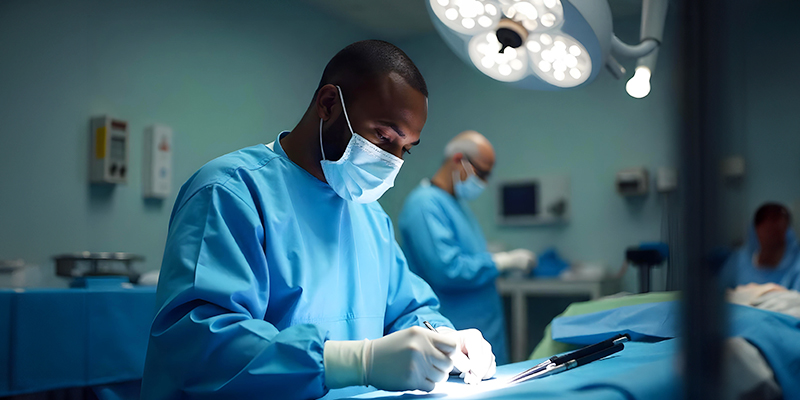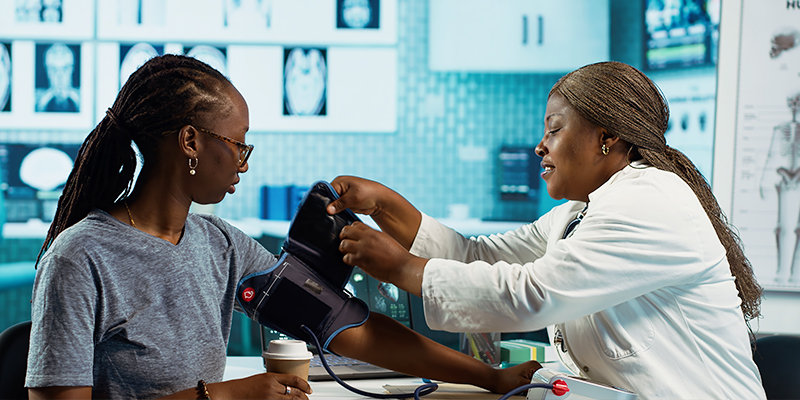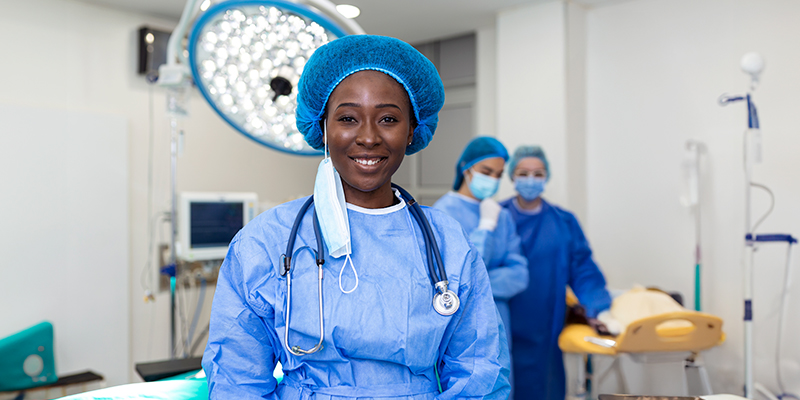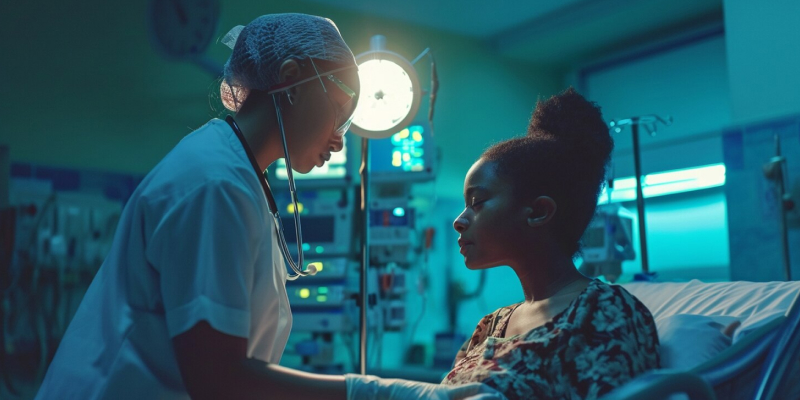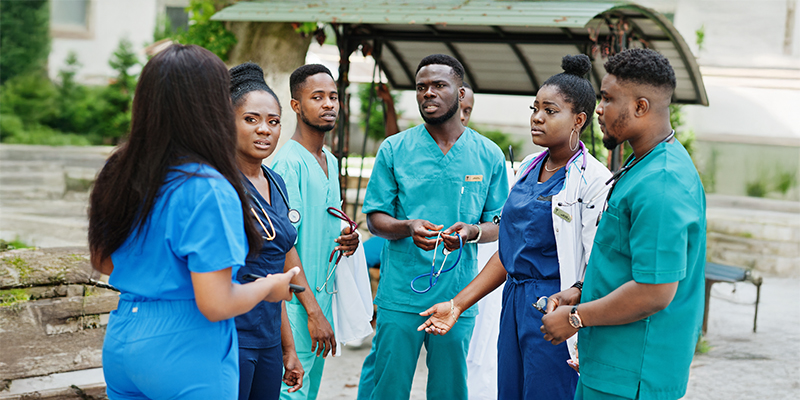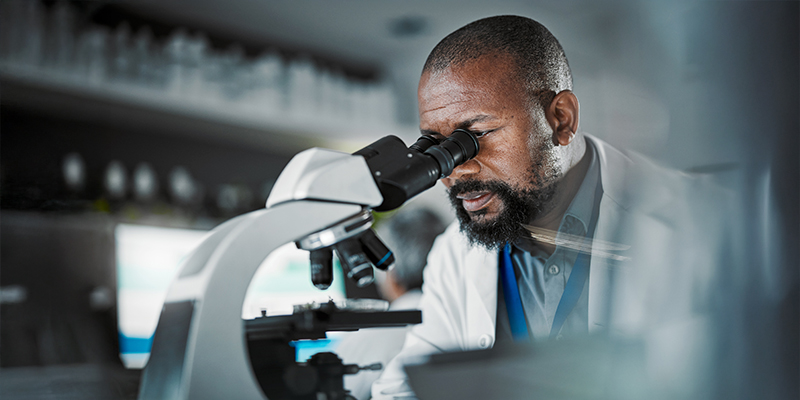More than 175,000 deaths are reported every year due to lung cancer, making it one of the leading causes of cancer-related deaths globally. However, if diagnosed at an early stage, and the patient receives timely medical attention, their survival rates are estimated to increase by 13 times. Thus, the month of November is observed as the lung cancer awareness month (LCAM) to educate people and challenge the stigma associated with this condition. Here are a few common FAQs related to lung cancer answered by the top oncologists at HJ Hospitals.
1. Can non-smokers develop lung cancer?
Though regular (lifelong) smokers are at an increased risk of developing the condition, people who do not smoke actively can get lung cancer, too. Reasons may include:
- Being an ex-smoker
- Secondhand smoking
- Exposure to radon or other carcinogens like nickel, asbestos etc.
- Genetic causes like a mutation or family history
In some cases, it might not be possible to identify a cause at all.
2. I have smoked cigarettes for so many years. Would it make any difference if I quit it now?
Though ex-smokers are at risk of developing lung cancer, quitting helps reduce the risk significantly over time. If a person gives up smoking even after getting diagnosed with lung cancer, the treatment processes become more effective, success rates of surgery rise exponentially, further increasing the survival rates. Hence, it is never too late to quit.
3.Can exposure to air pollution lead to lung cancer?
Long-term exposure to polluted air containing diesel exhausts and other harmful particles can increase the chances of developing lung cancer. Though the risk is smaller in comparison to smoking, people living in a polluted city are at substantial risk. In such a situation, one should wear a mask when outside and get an air purifier installed in home and office.
4. Is lung cancer treatable?
Unlike popular belief, lung cancer is not a death sentence and is treatable. However, the recovery rates depend upon factors like its type, stage and the overall health status of the patient. When detected at an early stage, the chances of successful treatment are exponentially high. A patient's treatment plan may include surgery, immunotherapy, targeted therapy, chemotherapy, radiation therapy or a combination of more than one of these treatment methods.
5. Does lung cancer spread upon surgery?
It is a common misconception, especially among African Americans, that lung cancer can spread when exposed to air during surgery. However, no study has proved this theory and no case of spreading upon surgery has come into notice to date. If the surgery happens in the early stages of lung cancer, the chances of successful treatment and the survival rates are higher.
The Bottom Line
It is necessary to stay informed when it comes to critical health concerns such as lung cancer. In case you find yourself or your loved one at risk of developing lung cancer, consult the specialists at HJ Hospitals. Equipped with state-of-the-art technology, HJ Hospitals has conducted several surgeries like lung cancer surgery, ophthalmologic surgery, total knee replacement surgery etc. successfully. Our team of experts including oncologists, internal medicine specialists, surgeons, infection-control nurses and other specialists ensure best-in-class treatment facilities for the people of the DRC.






 Nov 16, 2020
Nov 16, 2020 Admin
Admin




